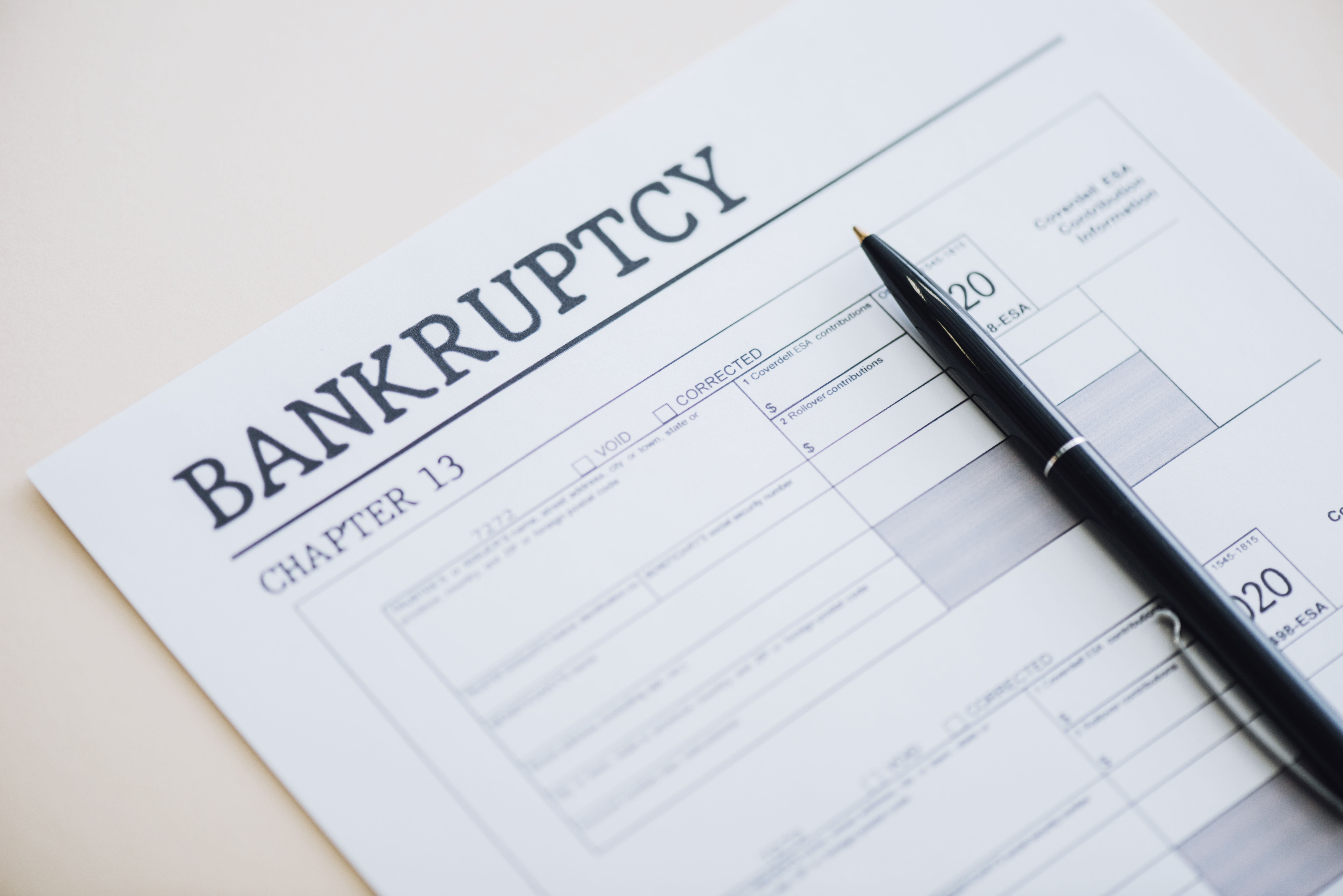
Winter Park Chapter 7 Bankruptcy Attorney
Finding A Fresh Start for Those in Orlando and Throughout Florida

Do you want to become debt-free? If you are currently struggling with crushing debt, you are not alone. All across the country millions of Americans are in financial distress. Whether your financial problems were caused by an unexpected job loss, a divorce, an accident or an illness, or simply tough economic times, help and relief are available with our Winter Park bankruptcy attorney.
At Richard A. Heller, P.A., our legal team has over 60 years of combined experience and serves Orlando and Winter Park. We take our jobs seriously and are committed to delivering outstanding results and ensuring that our clients are satisfied with their experience with us. As a result of our focus on client satisfaction, we received an A+ accreditation from the Better Business Bureau, a top Superb Rating from AVVO, and a Distinguished Rating by Martindale-Hubbell® for our ethical standards and legal ability.
What is Chapter 7 Bankruptcy?
Chapter 7 is known as the "liquidation bankruptcy" because debtors liquidate their non-exempt assets in order to pay off creditors. However, due to the bankruptcy exemptions, many Chapter 7 cases are no-asset cases and the debtor doesn't have to liquidate anything. Read on below to learn more about Chapter 7.
To see if Chapter 7 is right for you, set up a free consultation with a bankruptcy lawyer at Richard A. Heller, P.A. Contact us online or call (407) 501-4052. Se habla Español. We serve Winter Park and Orlando.
How Do I Know if I Qualify for Chapter 7?
In order to qualify for Chapter 7, you must first pass the "bankruptcy means test," which will compare your income and household size to the median income of the state. If your income is too high and you don't qualify under Chapter 7, you will need to consider filing Chapter 13 instead.
Which Debts May Be Discharged in a Bankruptcy?
Chapter 7 discharges or "wipes out" certain unsecured debts. Once these debts have been discharged, the creditors are legally prohibited from contacting you and pursuing any type of debt collection activity. You will no longer be responsible for paying any debts that are discharged in your Chapter 7.
The types of debts that can be discharged in Chapter 7 include:
- Credit card debt
- Personal loans
- Certain taxes
- Medical debt
- Utility bills etc.
What Debts Are Not Dischargeable in Chapter 7?
While many unsecured debts can be included, the following types of debt cannot be discharged:
- Government Student Loans
- Child Support
- Alimony/Spousal Support
- Recent Taxes
- Court Ordered Fines
- Victim Restitution
Can IRS Debt Be Discharged in Chapter 7?
Most of your tax debts cannot be cleared in bankruptcy. Rather, you will still have these debts at the end of your Chapter 7 bankruptcy case. Under a Chapter 13 bankruptcy agreement, your IRS debts will need to be paid back in full, through your repayment plan.
If you want to discharge your tax debts, you will probably want to use Chapter 7. However, you should only use this option if you have debts that qualify for discharge, and you meet the criteria for eligibility.
Eliminating Tax Debt
Under Chapter 7, you can eliminate debts for federal income taxes if you meet the following qualifying criteria:
- Income Taxes: Taxes that aren’t counted as income, like payroll taxes or fraud penalties, are unable to be eliminated through bankruptcy.
- Fraud or Willful Evasion: Filing a fraudulent tax return or willfully trying to avoid paying taxes will disqualify you from discharging the debt in Chapter 7.
- Older Debts: To get rid of your tax debt, your tax return will need to have been first due to be filed at least three years prior to when you file. It must be for a return that was filed by you, not a substitute return by the IRS, at least 2 years prior to your bankruptcy filing date.
- 240-Day Rule: You will need to pass the "240-day rule" to qualify for tax debt relief. This means that your income tax debt has to have been assessed by the IRS at least 240 days before you file your bankruptcy petition. The time limit can be extended if the IRS stops collection because of a compromise offer or another bankruptcy filing.
- Tolling: These dates are subject to, and may be lengthened if you have been in negotiation with the IRS, or any offer and compromise period. There may be other tolling scenarios too.
How Do I Discharge a Federal Tax Lien?
Unfortunately, qualifying for Chapter 7 bankruptcy will not wipe out your prior recorded tax liens. This option eliminates your personal obligation to pay the debt and will keep the IRS from garnishing your bank account or wages. However, if the IRS recorded a tax lien on your property before you file for bankruptcy, the lien will stay on your property. This means you will need to pay off the tax lien if you wish to sell the property, or wait for the lien to expire.
Call a Chapter Bankruptcy Lawyer in Winter Park & Orlando at (407) 501-4052
If you are considering filing for bankruptcy, your monthly income and the types of debts you carry will determine which Chapter is right for you. If you're worried about how your credit will be affected, the good news is that we can explain how to start rebuilding your credit right away. Believe it or not, with discipline and applying a few credit rebuilding strategies, you can significantly improve your credit score long before the bankruptcy falls off your credit!
Call (407) 501-4052 to arrange a free consultation with an Orlando bankruptcy lawyer! Flexible payment plans are available when our representation is retained. Contact us today!
Related Reading



how can we help
-
Practice Areas
-
FAQS
-
Contact Us